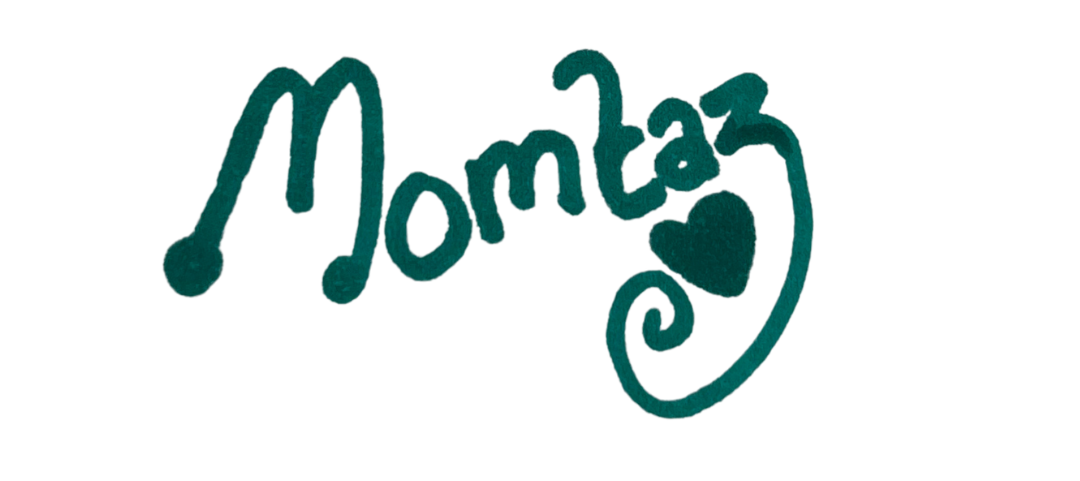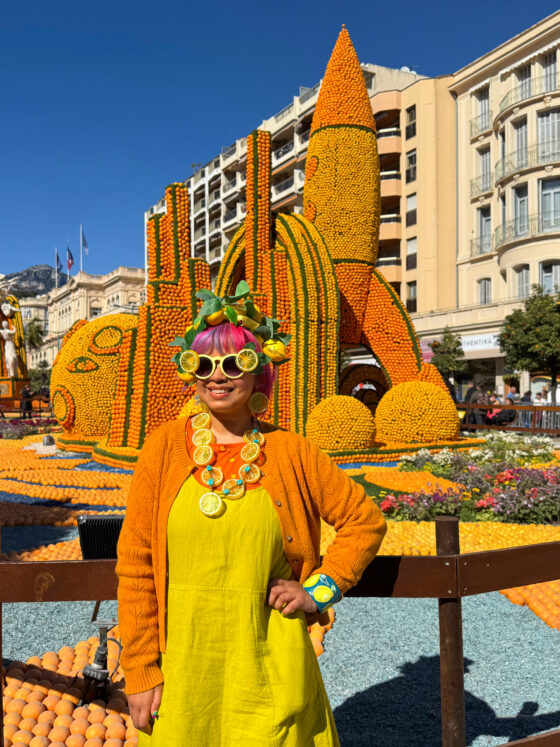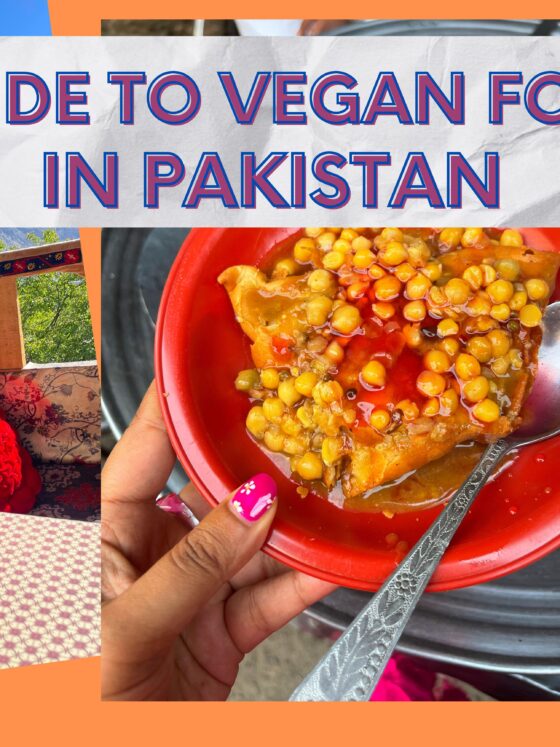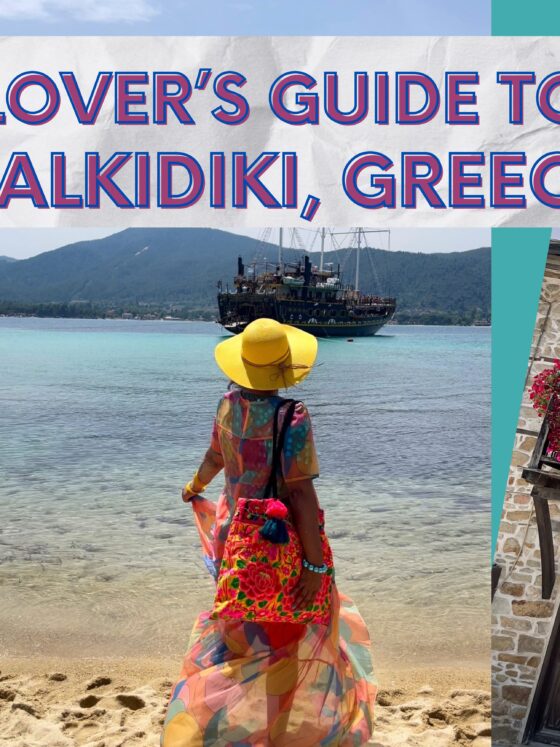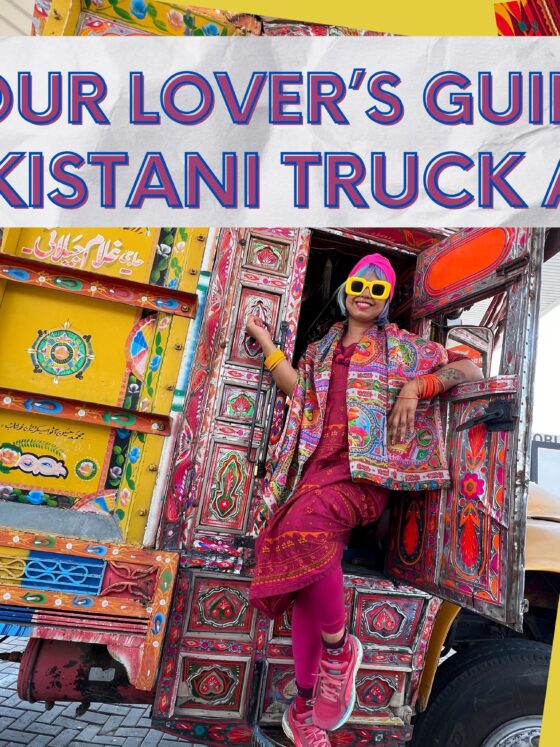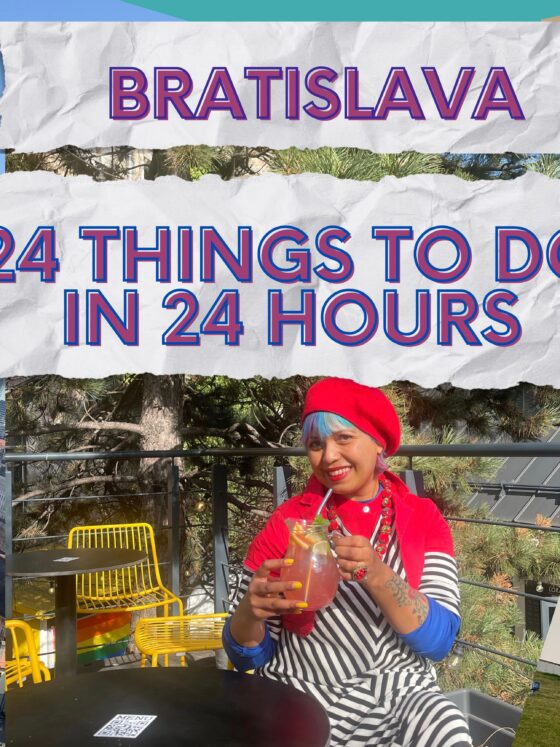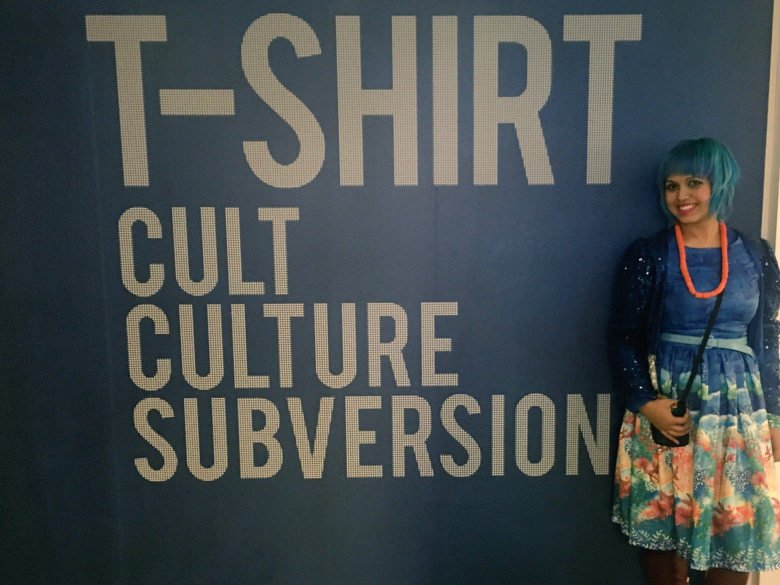What to expect when you travel to West Bank, Palestine (as a Muslim)
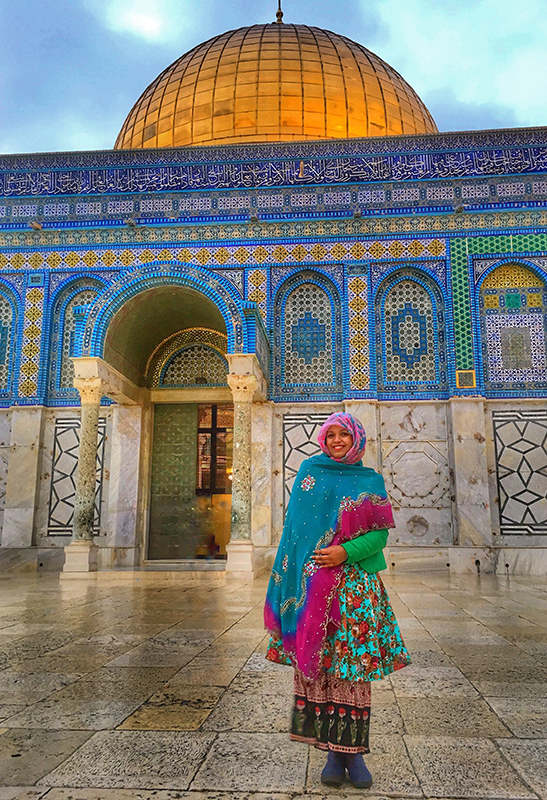
WARNING: this is a long post but I hope you find it of use!
I bracketed the title of this post because it’s inspired by the fact that so many Muslim people have contacted me after my recent trip to West Bank, Palestine, wondering how I got in, how difficult it was and whether it’s safe to go. So in one way this post is for those people, but in another way I’m also writing for those that don’t fall into the bracket because in truth anyone travelling to Palestine has to be aware of what it entails, whether they are Muslim, Christian, Jewish or other faith. Israeli Police and Israeli Airport security take their jobs very seriously and whoever you are, whatever part of the world you reside in and whatever your name, be prepared to be questionned on entering and exiting the region and travelling around it.

Once you do get in though you will have an unforgettable trip. I tallied up my travels last week and of the 42 countries I’ve been to, I miss Palestine the most. Never mind leaving your heart in San Francisco, I left a part of mine in the Mount of Olives. The natural aura of Jerusalem especially, captures you instantly with its energy and spiritual significance but more on that later. For now, here’s how I got on with my week away being a Muslim woman with a British passport, travelling around Palestine or the Palestinian territories, however you prefer to refer to them as.
Entering Israel

The Israel tourism department invest so much into selling the concept of going on a dual holiday to ‘Tel Aviv and Jerusalem’, it’s likely you’ve seen some kind of marketing campaign painting it out as a beach and cultural destination but before you get to experience that there are some tough checks to get through.
First thing to note is you don’t need a visa if you have a British passport so it’s free to enter. Secondly you may have heard that if you have an Israeli stamp in your passport it’s unlikely you’ll be let into a Muslim country while you have that passport but this is nothing to be concerned about because there is a policy in Israel that they do not stamp passports. Instead you will be given a paper stamped visa on entry and another one when you leave. Whatever you do, do not lose this slip, it’s smaller than an average business card and you’ll need to show it if you’re later at check points and will most definitely need to show it when you check into any hotels.
Once you’ve disembarked from the plane it’s quite an epic transfer bus journey to the immigration control – probably the longest I’ve ever experienced so grab a seat if you can. The queues when you arrive will be long because the questioning takes a long time so go to the loo before.
When it was my turn it begun as a very light hearted conversation and general chit chat but then the immigration officer pulled me up on my blatant Islamic surname, Begum-Hossain, which he made me repeat to him three times. I then got asked my dad’s name (Mohammed) and then my granddad’s name. Here’s the thing my granddad died which I was very young I only met him once and I have absolutely no idea what his real name was so for ease I just replied Mohammed again.
As soon as I said that I my passport was kept and I was told to go and sit in the waiting room because I had to be interviewed by a colleague. It was 10pm and there were two other people waiting, one was Asian and one was white. After 30 minutes I was called outside and there were two immigration officers male and female who asked me the exact questions I’d been asked before. It’s not ideal to be a female travelling on your own so I explained I wasn’t alone and was being joined by company on a different flight (I was but if you’re not it’s a fair enough reason to give.)
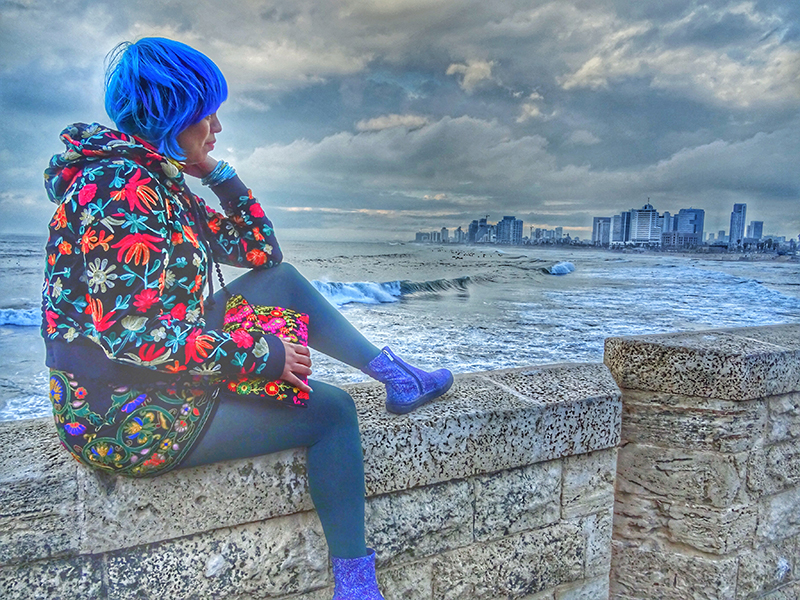
I was repeatedly asked why I had chosen to come here rather than anywhere else (seriously speaking having to justify going to Jerusalem is crazy it’s of religious significance the world over) but if you stick with the line you’re going to the afore-mentioned tourist hot stops of Tel Aviv and Jerusalem they cannot stop you from entering.
Before I left I had already made a decision that if I was asked where I was staying I would say Tel Aviv and on a piece of paper I wrote down the name of a hotel I had Googled just in case I got asked, it’s a good back up if you do get asked to prove it, just whip out the paper and say that’s where you’re going.

Never ever say you’re going to Palestine or that you know anyone Palestinian – even if you are going to visit friends, deny it because it will make them query you more. It’s not unheard of that they would then start to question who this person is and if they found any trace of that person having an activist background you’ll be denied entry. So stick with being an every day traveller and you should not have a problem.
Also try and have some knowledge up your sleeves – you may be asked where you are visiting, quote something generic like you’re going to Bethlehem to see the Church of the Nativity so they have no grounds to say no. After about 10 minutes they let me go, handed back my passport and that was that. So entering the country was a bit time consuming but not that bad it’s best to remain calm and normal, don’t stress out, don’t try and be clever in answers or look agitated, it just gives immigration a reason to hold you up for longer.
All in all I thought this entering was fine. Exiting the country was far more difficult and I’ll come to that next.
Exiting Israel
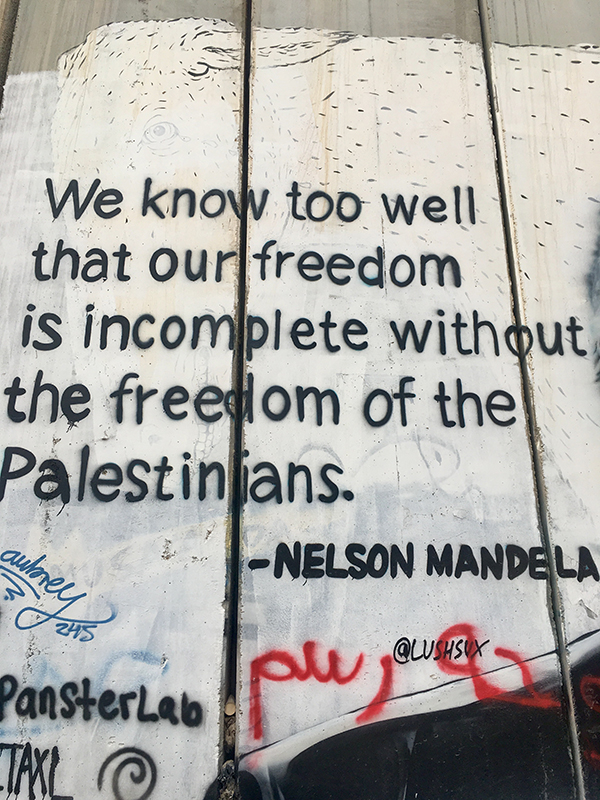
On the day of me leaving I was again travelling alone. When I arrived at the airport there was station security outside the airport and though some people walked in I was immediately stopped and asked for my passport. I under went a thorough bag check and was asked why I was at the airport with such little time before the flight (2.5 hours is not too late in my books!). The man who pulled me over then called his supervisor who asked me a whole heap of questions like why am I travelling alone, why was I there, what did I do, who did I speak to, what did I think of Israel, I gave very simple answers and basically told them the country was beautiful and I wish I could have stayed longer. All in all if felt like a pointless conversation and just staff exerting some power so I just kept calm but upbeat until they let me go.
I thought that was it before the main immigration but I was wrong. There is a second level of questioning for everyone, before you can drop off your luggage. This is when I was really surprised. They held up people for ages asking them the same questions like what is your dad and granddad’s name even when they were blatantly white Europeans and more bizarrely I saw Orthodox Jews in full religious regalia still being asked the same questions so there really was no evidence of discrimination – they simply want to question everyone. But again a have responses ready and always answer with a preferred ‘I went on holiday to Tel Aviv’ not that you have just come back from Palestine the P word in any circumstance is a big no no.
After I finally got through and dropped my bags off I headed through passport control using automated gated thinking phew that’s it but after that stage there is another stage where some people get picked out for a thorough search and I ended up there.
What struck me was that I was one of two women and only person of colour the rest were ordinary looking white men but this again proved to me that it’s not just that they want to question Muslims, they will question and check anyone.
This next check took around 45 minutes and it ended five minutes before the gate closed to board my plane. This I understand is common as I have heard from other sources that they don’t let you miss your fight but make you feel like you will. They know when your flight is and they will end the search just before.
Every nook and cranny of my hand luggage was checked using a hand held detector this took a while then is passed through a machine and then I was asked to take a seat. Some time after sitting down I was called over as they wanted a full body scan. I had no metal on me, shoes were off and I had no jewellery but they made me do it three times. You’re then moved to another seating area where your back is to them and your belongings which is nerve wracking because you can’t keep an eye on them but then randomly it ends and you get your belongings back. So it’s true, when they say get to airport at least three hours before they really mean it.
Check points

The checkpoints which are located throughout Palestine are strange but you will encounter them, and it’s guaranteed when you get to Bethlehem. There are two ways you will either enter, with a tour group on a bus in which case little happens, they will check the driver and may ask to see passports, or the way I went, crossing by foot.
To get to Bethlehem about a 20 minute bus ride from Jerusalem I took a public bus which ends at the checkpoint. To get in there is no checking being done as they don’t mind who goes to Bethlehem, the main check is who wants to leave and get back into Israel. There are some turnstiles to walk through, long gated fences and some barren land but then you are through.
On the way back there is a security point where you’ll need to show your passport. Foreign passport holders though may get questions really have nothing to worry about they won’t stop you (as long as you haven’t lost your visa slip!) – it’s mainly the movements of Palestinians living in Bethlehem that are restricted as they aren’t allowed to leave. This is a difficult thing to deal with when you talk to locals about their life before the check points were put in when they travelled far and wide and now that restrictions are in place they may never be able to leave again.
Visiting Muslim places of worship if you’re Muslim

The two key destinations that Muslims visit when in Jerusalem are Dome of The Rock and Al-Aqsa Mosque, both of which are accessed by the same entrance as the two are adjacent to each other.

Whether you are male or female you will need to prove you’re Muslim to access them. If you have an Islamic name you can show them your passport as this is useful. In my case the first set of guards at the gates that surround the sites recognised that ‘Momtaz’ sounds Islamic as it’s a word in the Arabic language but these staff then went to ask their supervisor’s opinion.
The supervisor was also interested in my name but they also asked me if I prayed and read the Qu’ran and to prove it I had to recite a passage. Now don’t worry they aren’t looking for a huge recital. I said a ‘Colima’ and that was enough. They then called me sister and let me through and I had no problems once inside.

The grounds are impressive and so many people take photos, selfies inside and outside of both buildings. If you are not Muslim you will not get access inside however there is a specific entrance where you can at certain times pop in and see the grounds and this must explain why on Instagram there are fashion bloggers posing outside Dome of Rock baring their shoulders as that sort of behaviour would never get them through the main entrance.

Arrive modestly dressed too. I carried a long skirt and head scarf (I don’t normally wear a hijab) and I wore these before I attempted trying to get inside. A male Palestinian friend I was with also visited the mosque earlier the same day and he said that he too, even being ‘local’ still had to recite a passage to get in. Another female friend of mine whose name does not sound as Muslim as mine tried to get into the mosque last year and she carried a photocopy of her dad’s passport and that helped her get in so just have a think about what you will say or recite before you go because you will be asked.
Out and about

I did a lot of walking on the trip (oh, my all those hills gave my thighs a serious workout) but I never had any problems of any sort. In Jerusalem and Bethlehem there are so many visitors and tourists that no one bast an eyelid they are too busy doing their own thing. The is heavy police presence everywhere and seeing so many young people in uniform holding guns feels unsavoury but they aren’t out to harass tourists they are merely there to exert authority.

When I visited in the Palestinian cities of Nablus, Ramallah and Jericho, again there was nothing to worry about. I did get my passport checked on buses but again the police aren’t out to get tourists, they are more interested in keeping an eye on locals.
Don’t feel intimidated – give Palestine a go

So that’s the round-up of my experience. Any kind of check or the airport hold ups are more an annoyance in terms of wasting time more than anything else. Visiting Palestine whoever you are is so rewarding. The landscape and architecture is sublime, you’ll never go hungry, fresh bread and delicious creamy hummus are in plentiful supply and the markets have a wonderful atmosphere. Jerusalem is a special place and everyone should go there once, whatever your faith.

Though I said in an earlier part of this post never tell immigration or police or check points that you have spoken to any Palestinians the truth is you must (just don’t declare it.) The only way to truly find out about the history, politics and culture is not to go with what you’ve seen in the news or heard about or been warned about, you have to speak to the people themselves. If you want to hear the views from both sides then I suggest booking a tour with a Palestinian tour guide and one with an Israeli tour guide as that way you can both sides and make your own mind up.
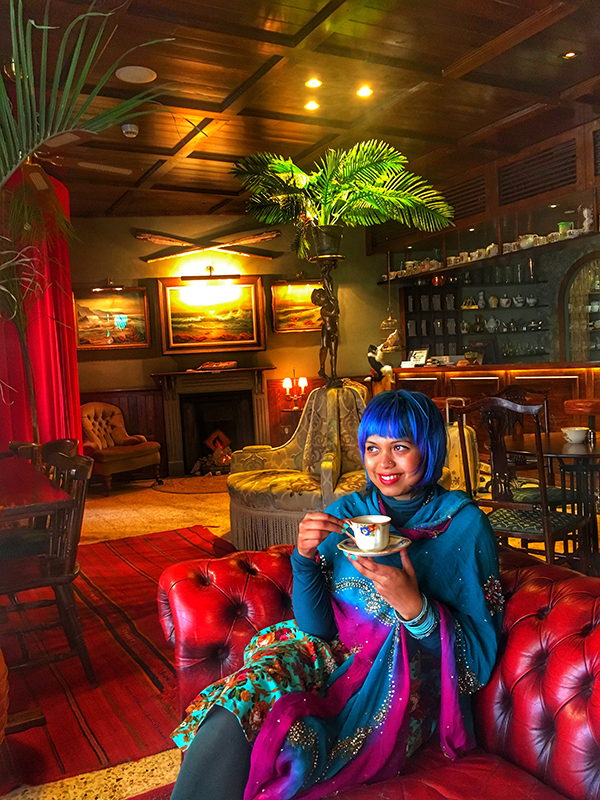
I’ll be posting some related articles about highlights of my trip like visiting The Walled Off Hotel (street artist Banksy’s hotel in Bethlehem and how much I adored the city of Nablus and why you should go) soon, but it you have any questions of your own about visiting the region that you want to run past me please do get in touch. I can also recommend a Palestinian guide. If you are already planning a trip and you’ve got your guidebooks already then I’d also like to recommend this brilliant graphic biography Jerusalem: Chronicles from the Holy City, it gives a fascinating insight of a British man living in Jerusalem for a year and it will get you excited about what’s in store.

